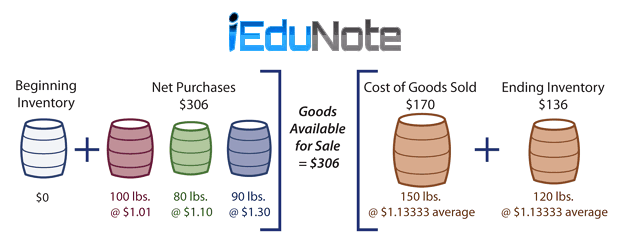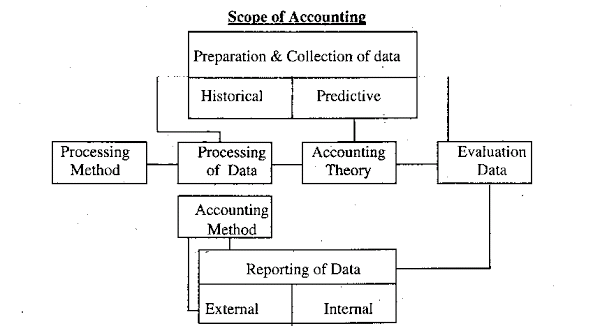The Main difference between transaction and event is when an event brings change to account balances, it is classified as a transaction and recorded in the books. Transactions are the subject matters of Accounting.
Accounting means maintaining of accounts of transactions systematically. For this reason, one should have a clear conception of the transaction before knowing techniques and principles of accounting.
Transactions are very important elements in Accounting. Events treated as transactions are recorded in the books of accounting.

Events other than transactions are not recorded in the books of accounts. The dictionary meaning of transaction is to give and take.
Difference between Event and Transaction
| Event | Transaction |
|---|---|
| (1) All events are not transactions. | (1) All transactions are events. |
| (2) An event may or may not bring change in the financial position of a person, family, or organization. | (2) An event must bring financial change. |
|
(3) Financial changes caused by events may or may not be measurable in terms of money. For example, the death of a skilled employee may bring heavy loss to a business, but this loss is not measurable in terms of money. | (3) The financial changes caused by transactions must be measurable in terms of money. |
| (4) Events are used in a wider sense. It may or may not require two parties for the occurrence of an event. |
(4) Transactions are used comparatively in a narrow sense. In the case of transaction two parties are must. |
| (5) Transfer of goods or services may or may not occur for an event. |
(5) As a consequence of transactions transfer of goods or service is a must. Of course, in some cases, there is an exception. For example, burning of goods, fixed asset depreciation etc. |
|
(6) It is. not necessary that every event will be recorded in the books of accounts. It is needless to record any event in the books of accounts if it is not measurable in terms of money. | (6) Every transaction must be recorded in the books of accounts; otherwise accurate results cannot be ascertained from the books of accounts. |
| (7) Transaction relating event is settled for cash. | (7) Financial transactions may be settled in Cash or are made on credit. |
| (8) As per accounting principle of events— (a) Cash statement. (b) Separate statements for receipts and payments head wise and, (c) Final statement of receipts and payments are made. | (8) In the accounting process of the transaction in the first phase journalizing, in the second phase posting in the ledger and in the third phase financial statement is prepared. |
| (9) The scope of the event is very wide. | (9) The scope of the transaction is limited. |
| (10) The scope of the event is very wide. | (10) The scope of the transaction is limited. |
| (11) Transactions related to events are not always supported by evidence. | (11) Business transactions must be supported by evidence. |
So you can say that Transactions are events that;
(i) cause an immediate change in the financial resources or obligations of the business.
(ii) can be measured objectively in monetary terms.

